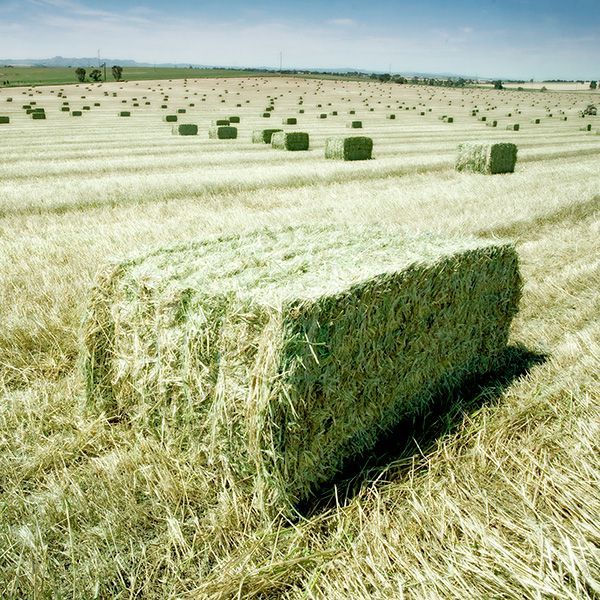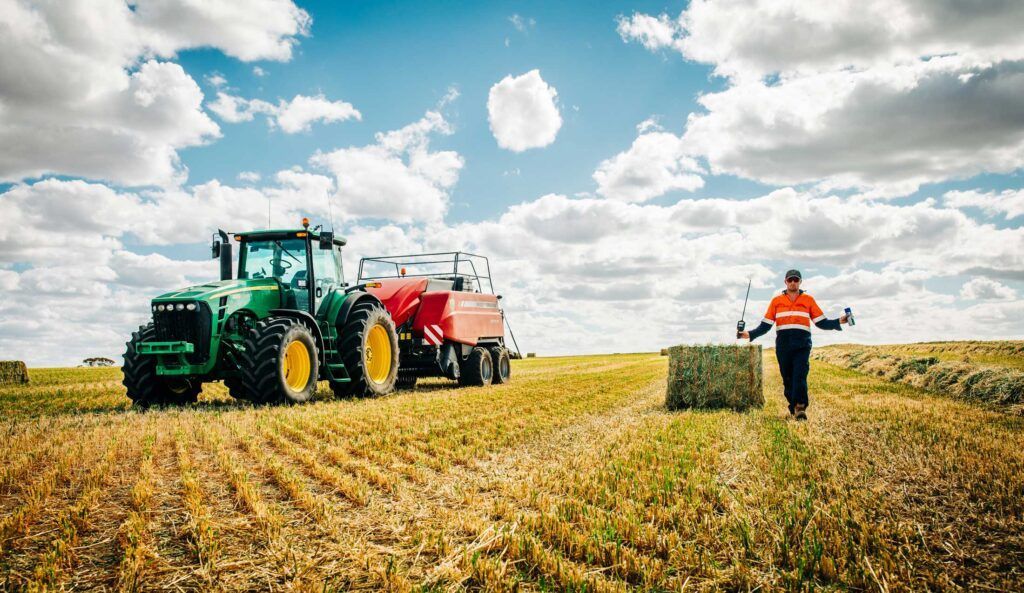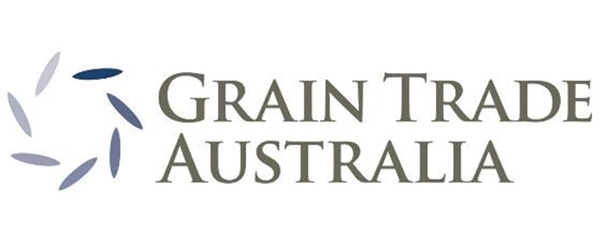Basis Commodities – Australian Hay Update – Thursday 20th April 2023

In this month’s report, we will examine the current state of the Australian oaten hay industry, including its production, export, and market trends.
The industry has been an important part of the country’s agricultural sector, with oaten hay production and exports contributing significantly to the national economy.
Production:
According to the Australian Bureau of Agricultural and Resource Economics and Sciences (ABARES), the production of oaten hay in Australia has been relatively stable over the past few years. In 2022-2023, the country produced approximately 11 million tonnes of oaten hay. The main states producing oaten hay in Australia are Western Australia, Victoria, South Australia, and New South Wales. In an average season, there will be approximately 900k to 1.1M metric tonnes of exportable surplus with the balance crop being consumed domestically.

Exports:
The Australian oaten hay industry is reliant on exports, with the top quality representing 10-12% of its production destined for overseas markets. Japan, Korea, China, and Taiwan are the main destinations for Australian oaten hay exports. According to ABARES, the value of oaten hay exports in 2022-2023 is around $349 million. The capacity to export Oaten Hay with the various Hay Companies and their production plants is approximately 1.3M metric tonnes exceeding the typical available production quantity. The difference in the production capability and the export capacity is quality, as the export market demands the highest quality for the international dairy sector. Australia has had several seasons where weather events have damaged the crop at critical period during harvest downgrading crop quality.

Market Trends:
The demand for oaten hay has been driven by a range of factors, including the growth of the dairy industry in Asia, particularly in China, and the increasing demand for premium hay products in Japan, Korea and the developing Middle Eastern Markets. Australian oaten hay is known for its high-quality, and the country’s strict quarantine and biosecurity standards have helped to ensure that it is a reliable and safe product for export.
The COVID-19 pandemic has had a limited impact on the Australian oaten hay industry, with the major markets continuing to show strong demand. However, there have been logistical challenges, particularly around shipping and transport, which have led to higher freight costs and delays. The trend for the second half of 2023 and beyond is that freight rates will soften and improved services will enhance opportunities especially to The Middle East and Africa from Australia.

Conclusion:
The Australian oaten hay industry is an important part of the country’s agricultural sector, with strong demand from overseas markets. While production has been relatively stable, the industry faces ongoing challenges around freight costs and transport logistics. However, the industry’s reputation for producing high-quality, safe, and reliable products means that it is well-positioned to continue to grow and expand in the future.
Importers are encouraged to speak to Basis Commodities about their requirements so a quality profile can be created to provide deliveries without disruption in conjunction with our key supplier BALCO Australia.
Please contact Nader Hassan or Steven Foote, who are available to support any fodder needs for the season.
Steven Foote
Sydney, Australia
M:
0408 308 908
E:
steven@basiscommodities.com
Nader Hassan
Dubai, UAE
M:
+971566915688
E:
nader@basiscommodities.com
Sign up for our mailing list.
If you’d like to be added to our mailing list and receive these updates direct to your inbox each month, email info@basiscommodities.com with your name and email address.
The post Basis Commodities – Australian Hay Update – Thursday 20th April 2023 appeared first on Basis Commodities.
Share This Article
Other articles you may like
Sign Up
Enter your email address below to sign up to the Basis Commodities newsletter.








